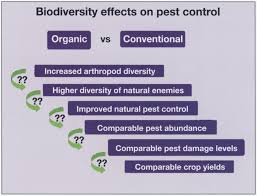
Organic farming strengthens biodiversity by using natural methods to control weeds and pests, increasing crop rotations to keep soil healthy, and building diverse ecosystems.
However, organic practices can also have a negative impact on biodiversity in agriculture landscapes. The resulting high intensification and reliance on pesticides may reduce habitat diversity, causing environmental costs.
How does organic farming impact biodiversity?
Organic farming aims to enhance and support biodiversity. This includes promoting native plants and animals, increasing soil health, enhancing crop diversity and preventing the use of chemical pesticides or bioengineered genes.
Organic agriculture practices improve soil fertility and resilience to weather and climate change. Practices such as crop rotation, multiple crops on a field, cover cropping, reduced tillage and natural predators help maintain healthy soil and support diverse ecosystems.
Regenerative organic farming boosts biodiversity through a combination of plant and animal species, soil health, and ecosystem services like pollination, nutrient cycling, water retention and protection from invasive species. In contrast, conventional agriculture systems damage the soil by mono-cropping, resulting in loss of nutrient storage and erosion.
Organic farming also enhances a wide range of pollinators, including bees and butterflies. This increase in insect pollinators may have implications for reducing disease and pest problems. In addition, organic farmers reduce the need for chemical pest control through the use of a variety of naturally occurring methods such as birds and insects that consume pests.
What can we do to preserve and support diverse ecosystems for a healthier planet?
Humans depend on healthy ecosystems for food, water, air quality, and soil. Biodiversity provides the essential elements of these services, including a variety of plant and animal species, as well as processes that purify the air and remineralize soil.
Whether it’s the rainforest in Brazil, an island teeming with birds or a coral reef in the ocean, biodiversity is necessary for a stable planet. Without it, the world would face the consequences of extinctions and ecological crises.
The loss and degradation of nature is threatening economies around the world, especially in the poorest countries. This loss and degradation is driven by a number of drivers, including deforestation, habitat destruction, pollution and climate change.
How can we support organic farming practices?
Organic farming aims to preserve and support diverse ecosystems for a healthier planet. Species diversity, from the earth worm to rain forests, helps ensure a variety of food crops, strengthens resilience and maintains ecosystem balance.
Organic farmers avoid using synthetic pesticides that can be harmful to farm workers and communities near conventional farms, and limit fertilizer and waste contamination of waterways. They also support wildlife and their habitats, which provide important services that help prevent disease and pest outbreaks on their farms.
The diversity of plants and animals on an organic farm reduces the need for chemical inputs, reducing nitrous oxide emissions, soil erosion and carbon emissions from fields and minimizing the impact of climate change. Moreover, healthy soils promote crop nutrient retentive abilities and store carbon to build resilience in the face of a changing climate.
What can we learn from organic farming?
Organic farming is an agriculture system that focuses on building healthy soil. It includes practices like crop rotation, minimum tillage, inter-cropping, symbiotic associations, cover crops, and organic fertilizers. These practices help build the retentive abilities of the soil, increase its biodiversity, and combat serious soil issues like erosion.
These practices also improve the resiliency of organic farms to drought and climate change. Since water is expensive, drought tolerant farming systems are more profitable over the long haul and can contribute to carbon sequestration.
Although it takes time and effort, organic farming is a sustainable form of agriculture that is growing in popularity around the world. It protects the environment and has a significant impact on a country's socio-economic development.
Frequently Asked Questions
Are organic foods healthy?
There are two types: foods that we grow and those that we purchase from others. Although there are exceptions to each category, most of the answers to your question are yes. Organic food is healthier because it doesn't contain any harmful chemicals, pesticides, herbicides, preservatives, or genetically modified organisms (GMO).
You can find organic foods in supermarkets across North America. Many grocery stores now sell organic food. This makes it easier for customers to select organic products.
Organic food tastes better and is more nutritious, as it has higher levels of vitamins and minerals. Organics are grown without using pesticides and fertilizers. They also don't pollute soil or water.
Organic farming is regulated by the USDA. Farmers must follow strict guidelines to ensure safe eating. There are currently more than 30,000,000 acres of US farmland which have been designated organic.
Organic food can often be cheaper than conventional food. Organic food is often cheaper than conventional food because it contains the same amount calories, protein, as well as nutrients. Organic farms are able to charge lower prices for their crops because they don't have to purchase expensive chemical inputs like insecticides and fungicides.
In fact, according to the Environmental Working Group, organic food costs 10 percent less per pound than conventionally produced food. Switching to organic food is a smart move if you care about your health and that of your family.
Organic food is becoming a popular option to the standard American diet. Organic food is not only available in gourmet restaurants and specialty markets, as many people may believe. Organic food is readily available at regular grocery stores all across the United States.
Recent years have seen a significant increase in organic food sales. The US market value of organic foods was $43Billion in 2012, up from $21B in 2007.
What is the difference between organic and inorganic foods?
Organic food is made without chemical fertilizers or pesticides. Organic farming practices support soil health, water quality, and animal welfare.
Inorganic foods may be grown with chemical fertilizers, pesticides, or sewage sludge. Irradiated foods are treated with radiation; genetically modified organisms (GMO) are created through biological engineering techniques.
The term "natural" is often used interchangeably with "organic." But, "natural" does not necessarily refer to organic. Products labelled "natural", however, may contain synthetic chemicals.
Because organic produce contains fewer harmful chemicals, pesticides, and fertilizers than conventional produce it is more nutritious. Organic farmers do not use pesticides, artificial fertilizers, hormones, anti-biotics, and other harmful chemicals.
Organic foods are better for us.
According to the Environmental Working Group, organic vegetables and fruits had half the amount of pesticides as non-organic. Organic apples had eight times less pesticides than nonorganic apples. However, organic strawberries had four times the amount of pesticides as their conventional counterparts.
Research has also suggested that organic food may reduce mercury and lead exposure. A study concluded that children who ate organic meat had 33% lower levels of blood lead than those who didn’t. Another study concluded that pregnant mothers should avoid eating conventional fish because of the high levels mercury.
Overall, organic food does seem to be safer than its non-organic counterpart. Experts recommend that you choose fresh fruits and vegetables whenever possible to lower your chance of developing cancer or other diseases.
Statistics
- According to a study performed by consumerreports.org, organic products, compared to non-organic products, ranged anywhere from 13 percent cheaper to 303 percent more expensive. (en.wikipedia.org)
- As for organic meat, regulations require that animals be raised in living conditions that accommodate their natural behaviours (like the ability to graze on pasture), fed 100% organic feed and forage, and not administered antibiotics or hormones. (usda.gov)
- Brands participating in this challenge are committed to using 100 percent sustainable cotton by 2025.[5] (en.wikipedia.org)
- When packaged products indicate they are “made with organic [specific ingredient or food group],” they contain at least 70% organically produced ingredients. (usda.gov)
External Links
ams.usda.gov
doi.org
- A Review of Journal of Toxicology and Environmental Health: Cancer Risk and Occupational Pesticide Expositions: Part B: Vol 15, Number 4
- Genetically modified food: safety, risk and public concerns - a review - Journal of Food Science and Technology
ecfr.gov
usda.gov
How To
What happens to your body if you switch to organic products
Organic products can be grown without synthetic fertilizers, hormones or antibiotics. They are derived from clean water and animals that have been free to roam. The term "organic", which means they don't contain additives or chemicals, refers to their non-containing any. This product was created by nature, and therefore does not contain harmful substances.
Natural refers to the way food was grown. It's used to describe foods that have not been altered into their final form (e.g. fruits). Natural foods are more fresh than other foods because they have not been subject to heat, radiation or chemical preservatives. Natural doesn't necessarily have to be healthy, however. Experts believe there is no difference in organic and conventional food. Both types are tested for safety as well as quality. Organic produce is less likely to contain pesticide residues and pollutants than conventionally grown produce.
Most grocery stores now sell organic products. If you are looking for organic meat, poultry and eggs, check with your local grocery store. Some companies sell only organic products. Other companies have separate sections. USDA Certified Organic is a non-GMO Project Verified company.
These products should not be consumed if you are pregnant. Unborn babies and infants can be exposed to pesticides.
Resources:
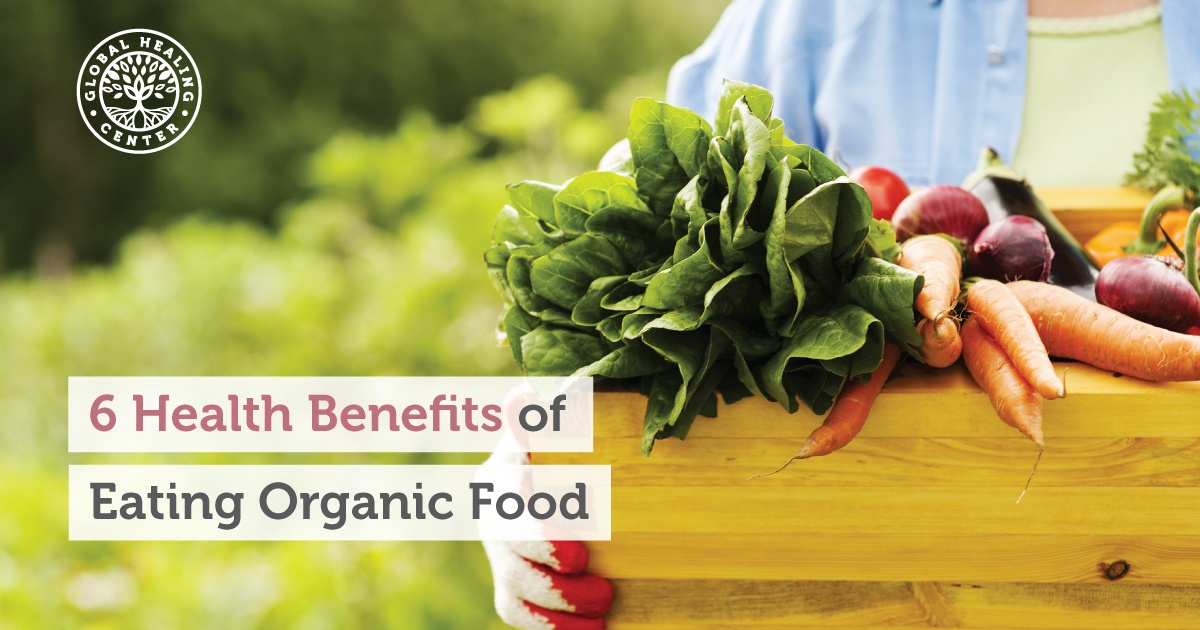 |
Nuts and SeedsNuts and seeds are nutrient-rich crunchy tidbits that add a protein, fiber and healthy fat punch to meals and snacks. They’re also a great source of.. |
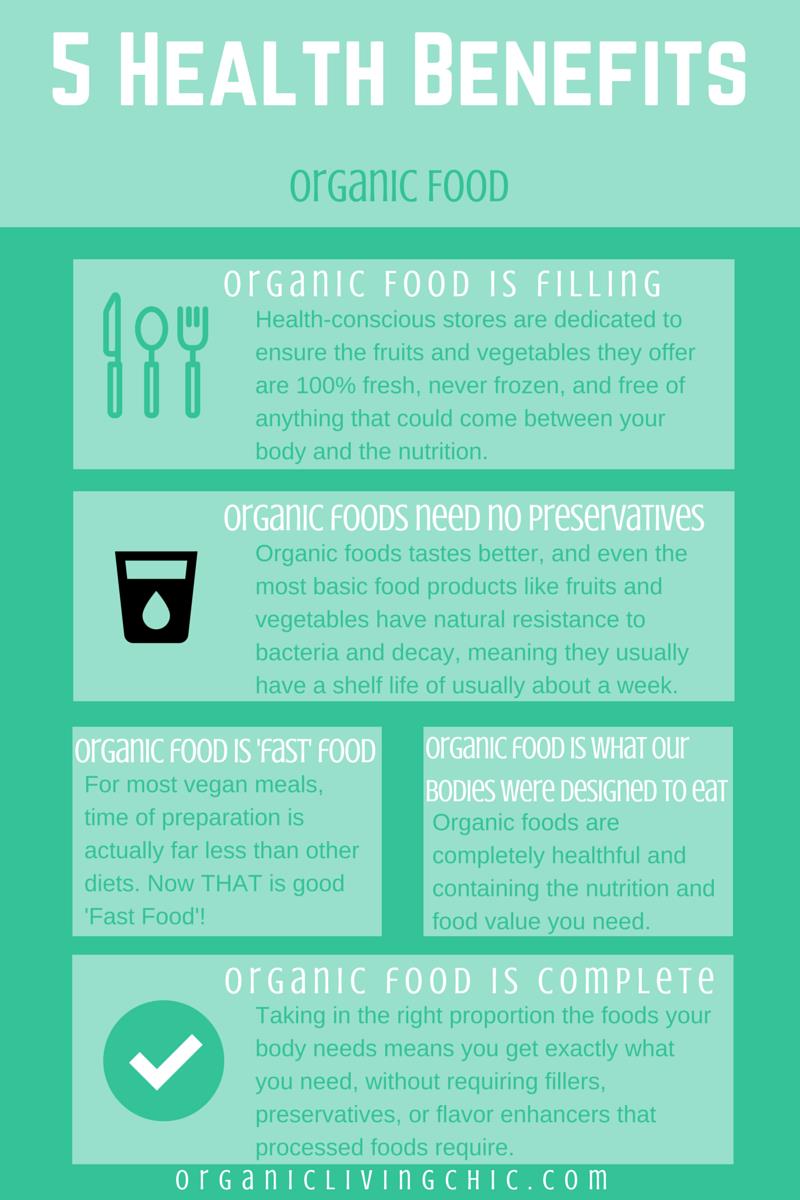 |
Organic Food For A Six Pack? The TRUTH About Organic vs Conventional Foods!Get ripped and keep your strength: http://goo.gl/uLzHn6 Hey guys, it's Clark over at Six Pack Shortcuts and today we're gonna talk about organic vs |
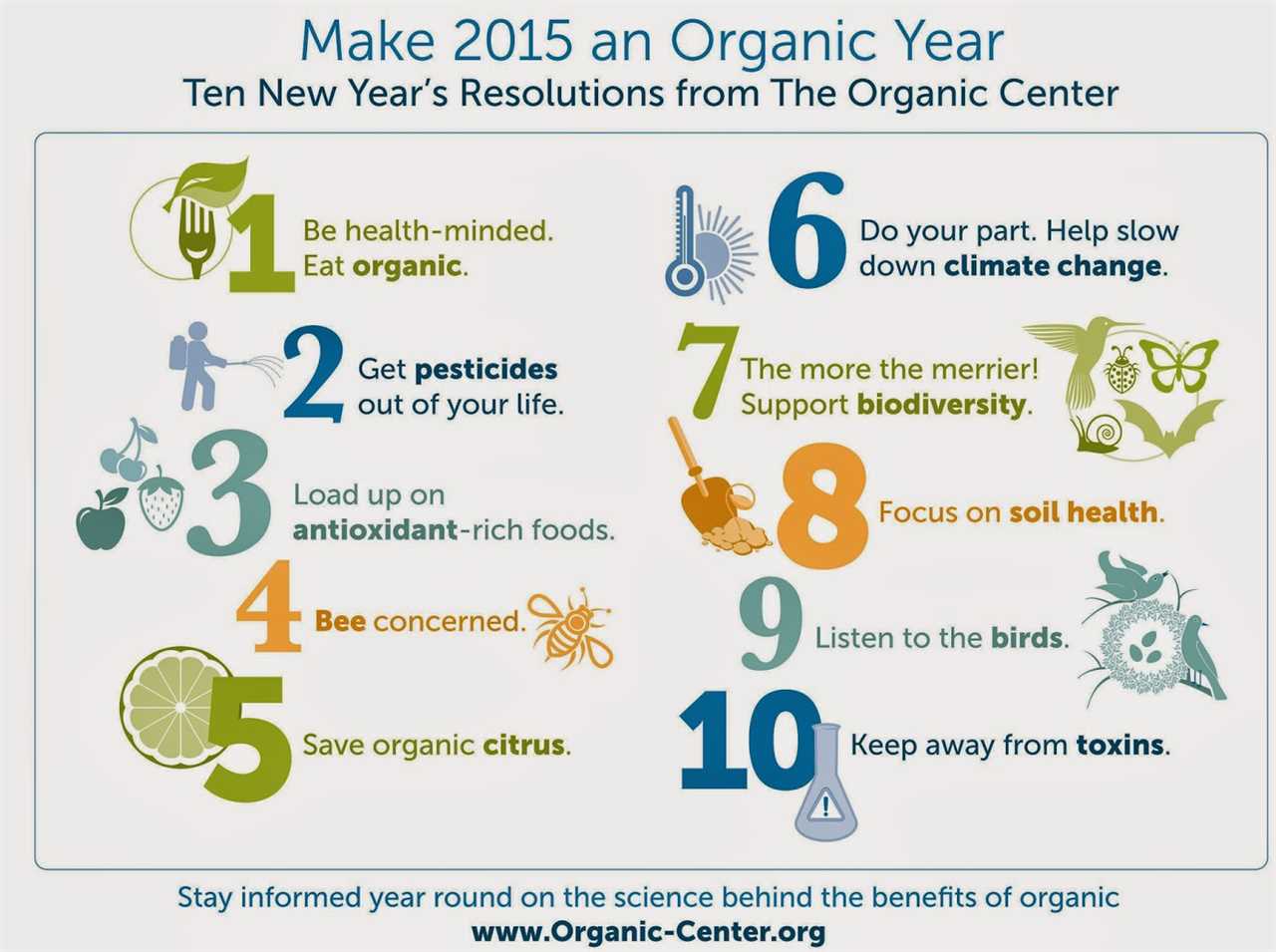 |
Organic vs Conventional Produce - The Dirty Dozen & Clean 15 ExplainedClick https://skl.sh/flavcitywithbobbyparrish to get 2 months of Skillshare for FREE! Here is a full review of the dirty dozen fruits and vegetables and |
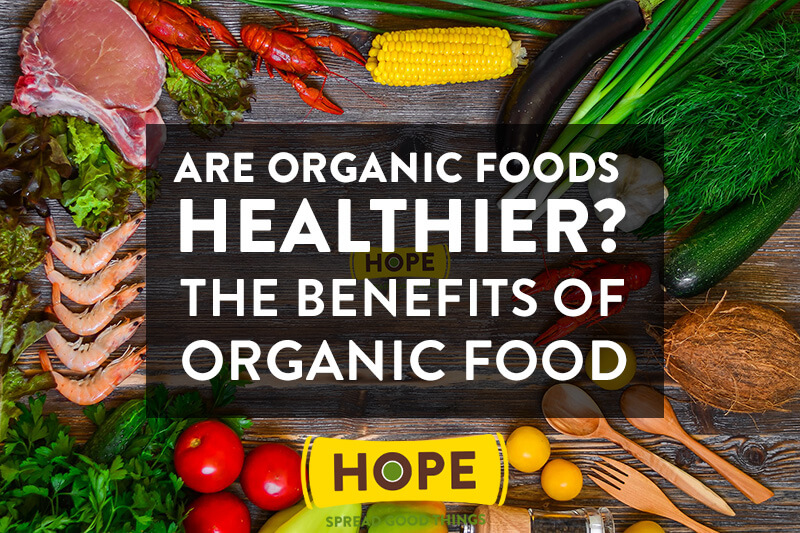 |
Are Organic Foods Really Healthier?It's widely believed that organic foods are more nutritious and safer than non-organic foods, even though the evidence is far from clear. Food certified as |
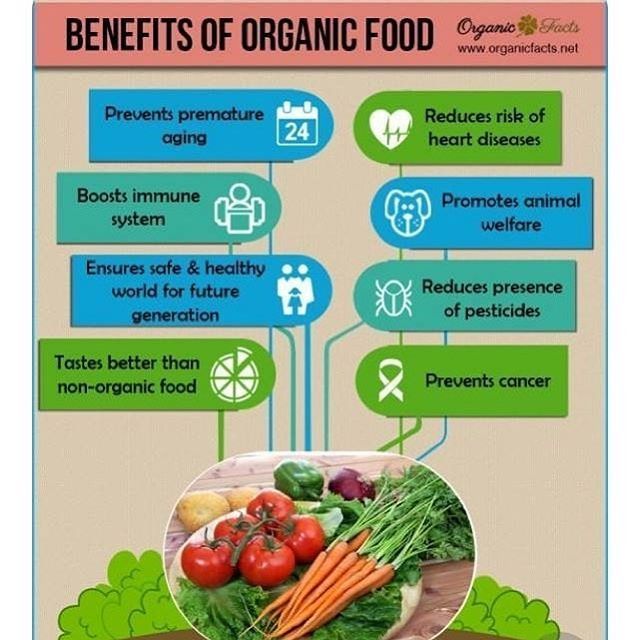 |
Are GMOs Good or Bad? Genetic Engineering & Our FoodAre GMOs bad for your health? Or is this fear unfounded? OUR CHANNELS German Channel: https://kgs.link/youtubeDE Spanish Channel: |
 |
How the food you eat affects your brain - Mia NacamulliView full lesson: http://ed.ted.com/lessons/how-the-food-you-eat-affects-your-brain-mia-nacamulli When it comes to what you bite, che […] |
 |
Is Buying Organic Food Worth The Cost?Subscribe to Goodful: https://bzfd.it/2QApoPk Goodful Goodful Feel better, be better, and do better. Subscribe to Goodful for all your healthy self care |
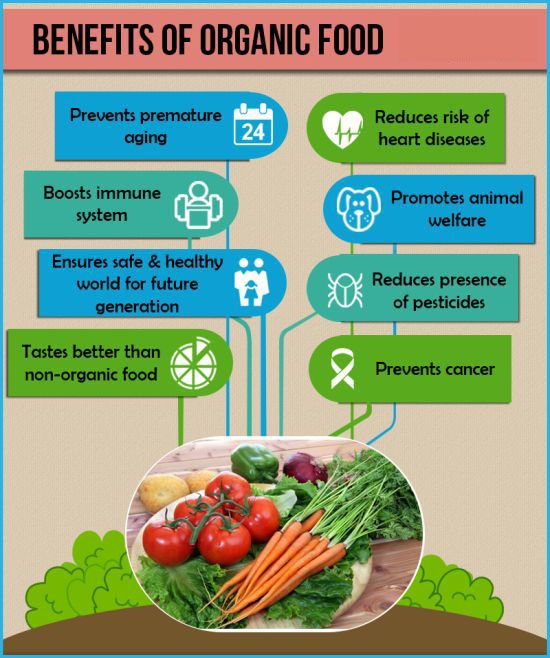 |
Benefits of Choosing Organic Gluten-Free OptionsIf you’ve been diagnosed with gluten sensitivity or celiac disease, you know how hard it can be to avoid foods containing wheat and other grains. But |
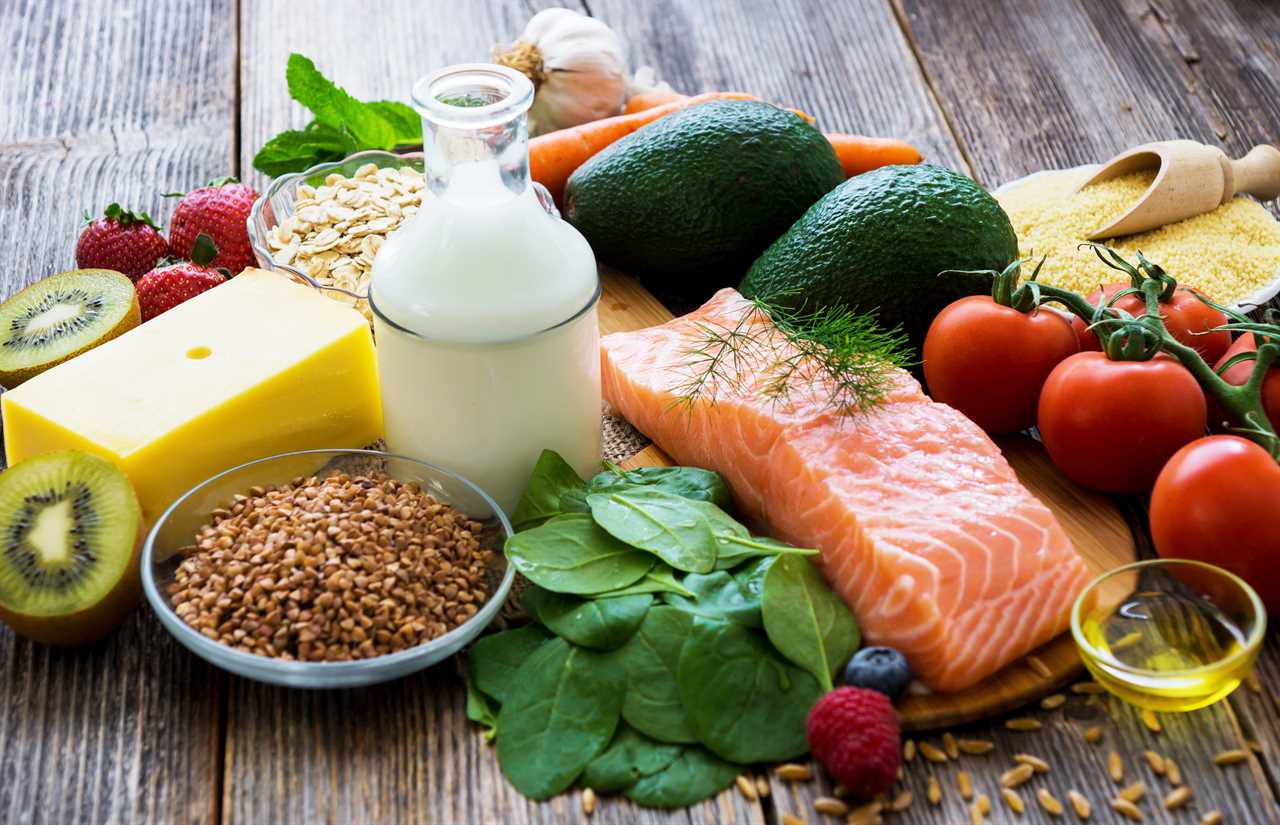 |
Joseph Wang LIVE (Bank Bailouts and Moral Hazards Deep Dive)buy my stuff Come to rebel capitalist live at https://rebelcapitalistlive.com Check out my private, online investment community (Rebel Capitalist Pro) |
 |
Organic Farming and Soil HealthOrganic farming practices promote soil health through crop rotations, symbiotic associations, cover crops and minimum tillage. These management.. |
 |
Research Reveals How Your Body Reacts When You Eat Only Organic FoodsThere is a growing belief that organic foods are healthier for us than non-organic foods. This ever-increasing belief is responsible for significant growth in |
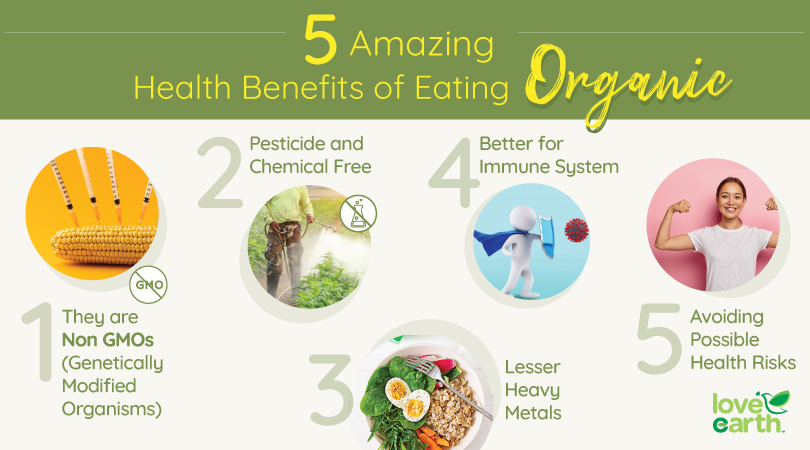 |
Stop Wasting Money on These ORGANIC Veggies (you don’t need to buy them organic)Click Here to Subscribe: http://Bit.ly/ThomasVid Get MY Recommendation on Groceries Delivered to Your Doorstep with Thrive Market: http: […] |
 |
If You Eat an Avocado a Day For a Month, Here''s What Will Happen to YouWhat Will Happen to Your Body If You Eat Avocado Every Day. The avocado is a unique fruit with multiple nutritional and health benefits. How would your body |
 |
Korean GardeningKorean gardening is one of the oldest ways to grow plants. It involves planting herbs, fruits, and vegetables that are used in kimchi, a type of.. |
 |
The Rodale InstituteThe Rodale Institute is a nonprofit organization that aims to support research into organic farming. It was founded in 1947 by J. I. Rodale, an.. |
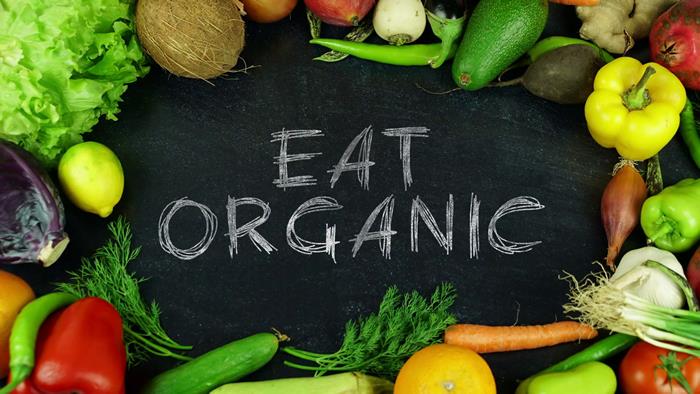 |
Organic eatingOrganic Cultur |
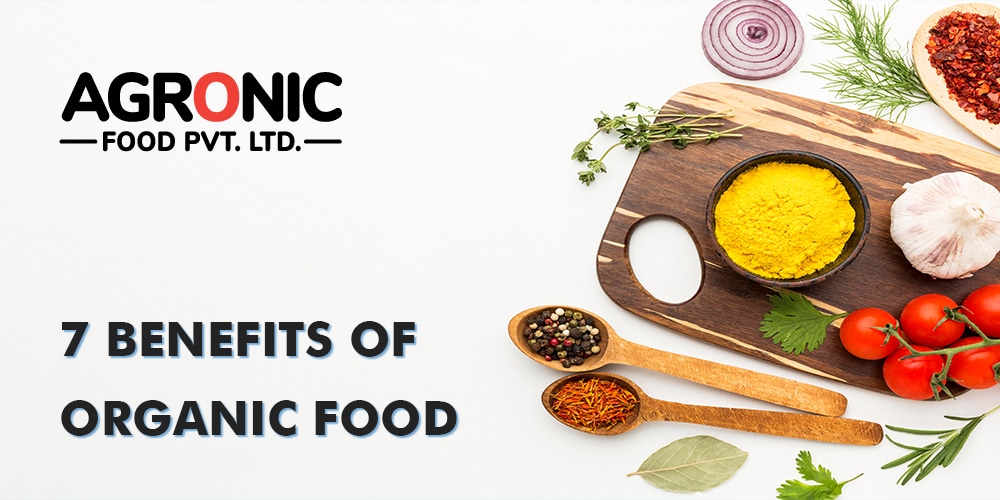 |
What is a Conventional Farm?Conventional farm is the term used to describe a farm that is not organic. It is a form of agriculture that is associated with better soil quality,.. |
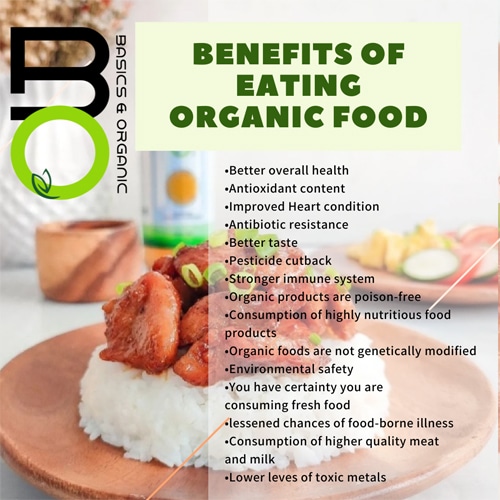 |
Chhattisgarh's Organic Farming SchoolsThe government of Chhattisgarh has started to introduce organic farming schools. This initiative is intended to provide the young generation with the |
 |
Can Organic Be GMO?The question Can organic be GMO is an ongoing debate among many consumers. While it's possible to eat foods that have been produced using genetic.. |
 |
When Did Organic Food Start?The answer to the question when did organic food start? will vary depending on the time period in which you are looking at. For instance, it may be a |
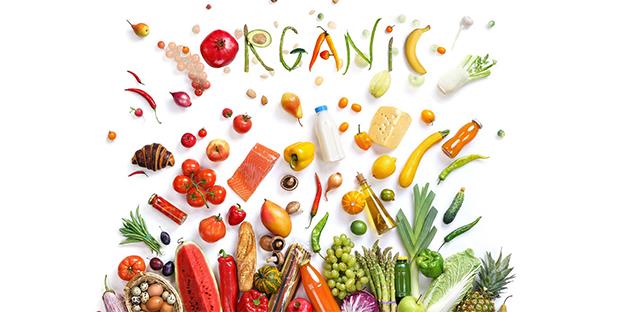 |
Organic Farming PrinciplesOrganic farming is a practice that is designed to be sustainable and healthy. Its principles include avoiding harms produced by industrial farming.. |
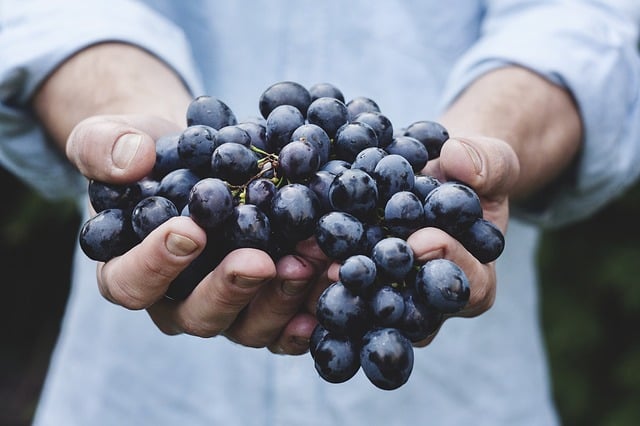 |
Soil Composition and BiodiversityThe soil that we have around us is a vital part of our lives. It is the home for many plants and animals. It also has a texture, a color, and many.. |
 |
The Benefits and Pitfalls of Organic Farming OrganizationsOrganic farming is an approach to farming that is not only ecologically sound, but also financially feasible. It is a method that is free from.. |
 |
Exotic VegetablesWhen it comes to vegetables, there are plenty of choices to choose from. Some of the most popular choices include broccoli, corn, carrots, and.. |
 |
Learn How to Become an Organic Farmer Through a Training ProgramIf you are looking to become an organic farmer, there are several ways you can do so. One option is to take a training program that will teach you.. |
 |
Benefits of Cover CropsIf you aren't familiar with cover crops, you may be surprised to learn that they are plants that are planted to grow on top of the soil to help.. |
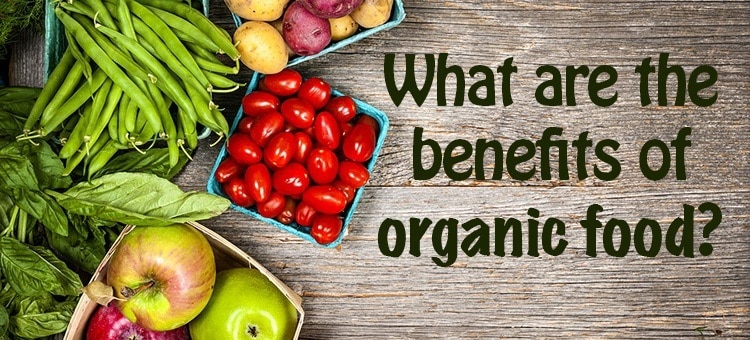 |
What is Organic Cotton?Organic cotton is the type of cotton that is grown without using pesticides or chemicals. It is also the type of cotton that is grown in subtropical.. |
 |
Is Organic Farming Beneficial to Biodiversity?Organic farming is a growing interest in the scientific community, and researchers have been investigating whether the practice is beneficial to.. |
 |
The Benefits of CompostingComposting your waste can be a very effective way of ensuring that your organic material is being broken down to the best of its ability. When.. |
 |
The Difference Between Organic Milk and Regular MilkOrganic milk is a type of milk that comes from livestock that is raised according to organic farming methods. This is a term that is regulated by.. |
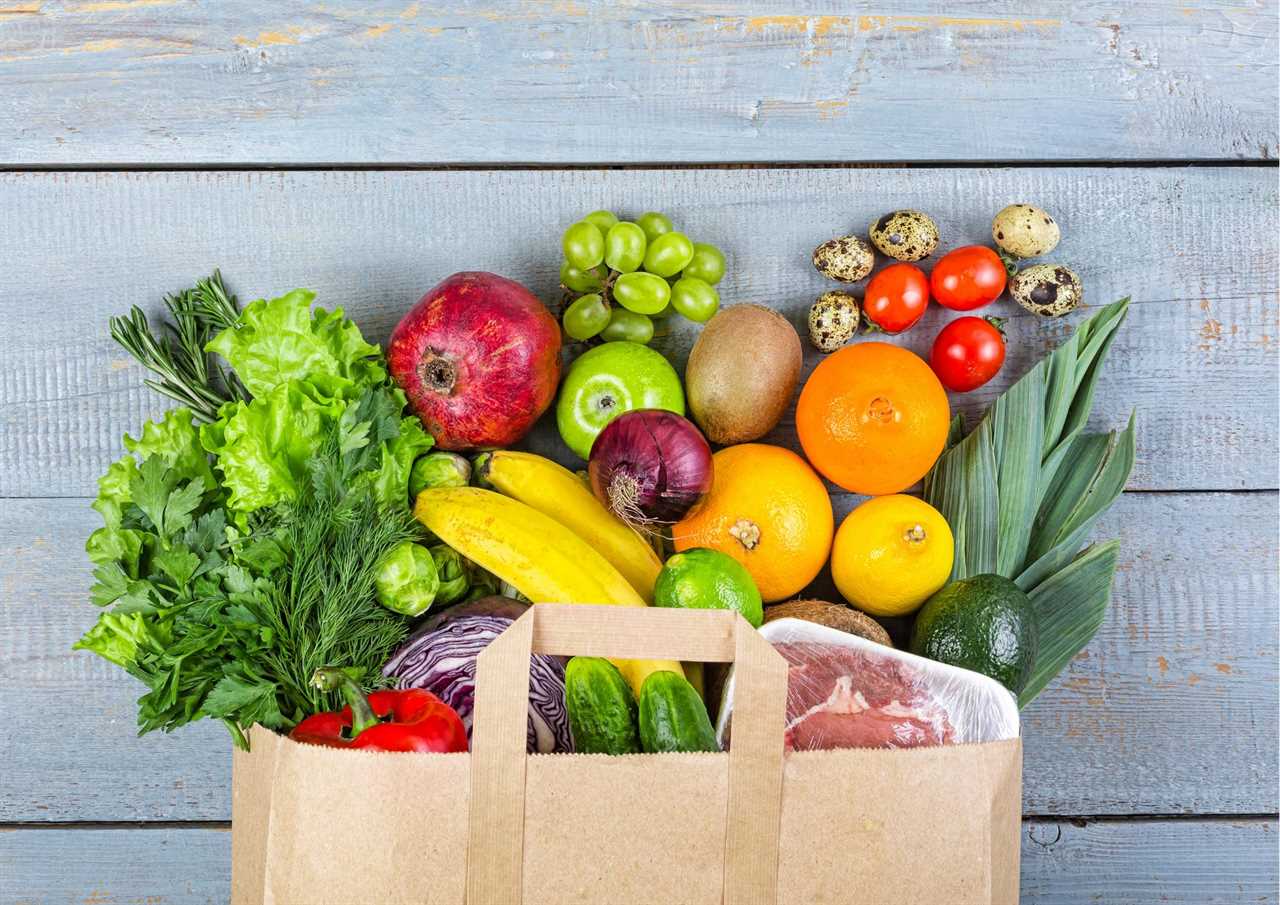 |
Organic Farming MagazineOrganic farming magazine is a resource that provides you with the latest information on organic agriculture, health, and sustainability. It also.. |
 |
The Latest Research on Organic | The Organic CenterResearched articles about eating Organic food |
.png)





